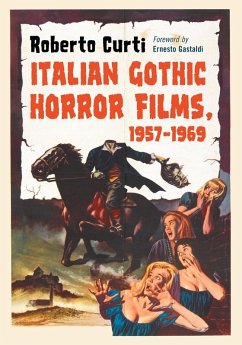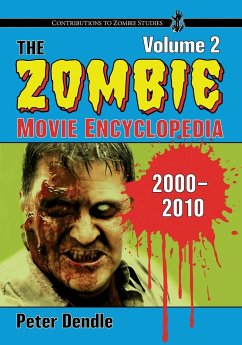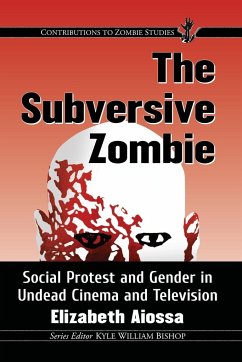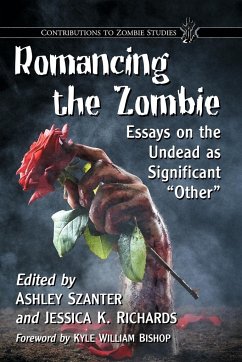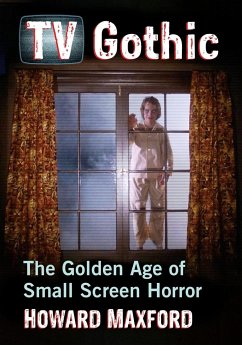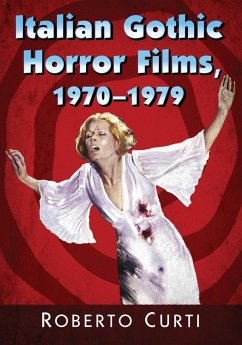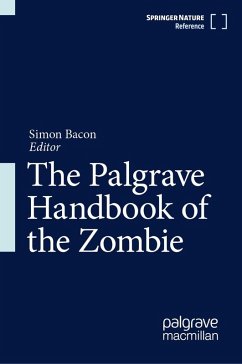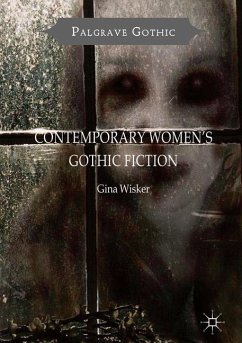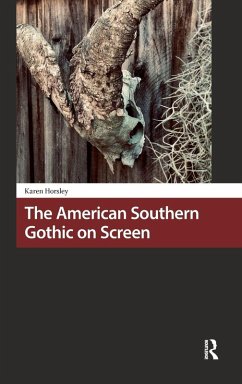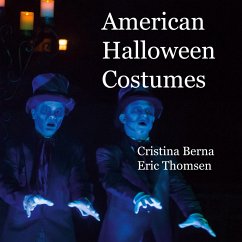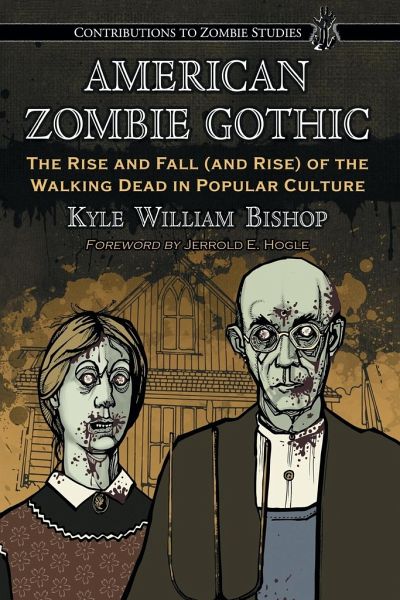
American Zombie Gothic
The Rise and Fall (and Rise) of the Walking Dead in Popular Culture
Versandkostenfrei!
Versandfertig in 1-2 Wochen
24,99 €
inkl. MwSt.

PAYBACK Punkte
12 °P sammeln!
Zombie stories are peculiarly American, as the creature was born in the New World and functions as a reminder of the atrocities of colonialism and slavery. The voodoo-based zombie films of the 1930s and '40s reveal deep-seated racist attitudes and imperialist paranoia, but the zombie invasion narrative established by George A. Romero has even greater singularity. His conception of a contagious, cannibalistic zombie horde uniquely manifests modern apprehensions about the horrors of Vietnam, the struggles for civil rights, the problems of consumerism, and the anxieties of modern warfare.
Zombie stories are peculiarly American, as the creature was born in the New World and functions as a reminder of the atrocities of colonialism and slavery. The voodoo-based zombie films of the 1930s and '40s reveal deep-seated racist attitudes and imperialist paranoia, but the contagious, cannibalistic zombie horde invasion narrative established by George A. Romero has even greater singularity. This book provides a cultural and critical analysis of the cinematic zombie tradition, starting with its origins in Haitian folklore and tracking the development of the subgenre into the twenty-first century. Closely examining such influential works as Victor Halperin's White Zombie, Jacques Tourneur's I Walked with a Zombie, Lucio Fulci's Zombi 2, Dan O'Bannon's The Return of the Living Dead, Danny Boyle's 28 Days Later, and, of course, Romero's entire "Dead" series, it establishes the place of zombies in the Gothic tradition. Instructors considering this book for use in a course may request an examination copy here.



